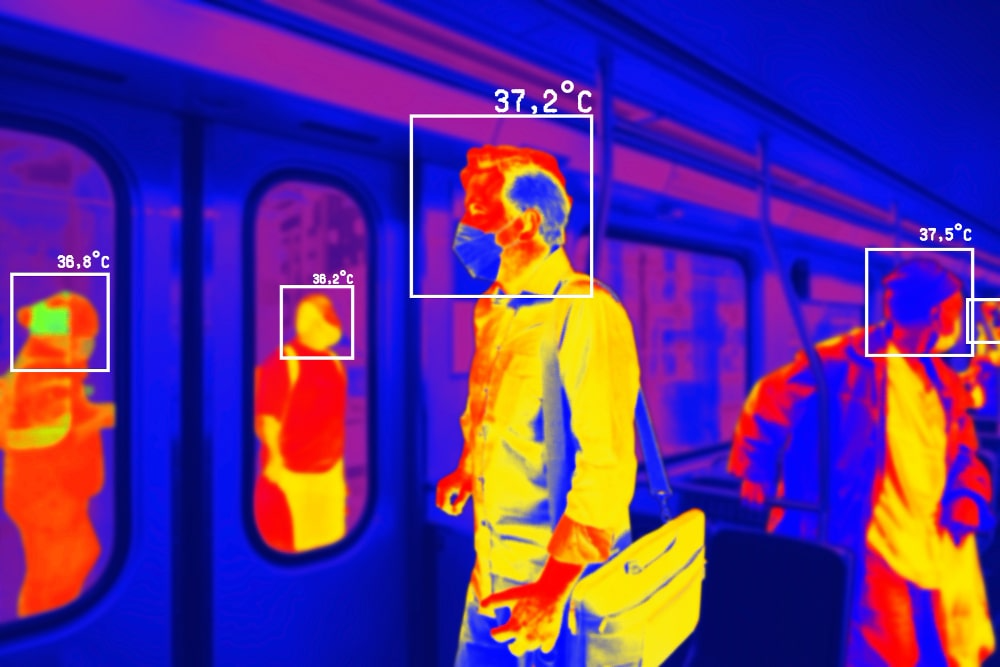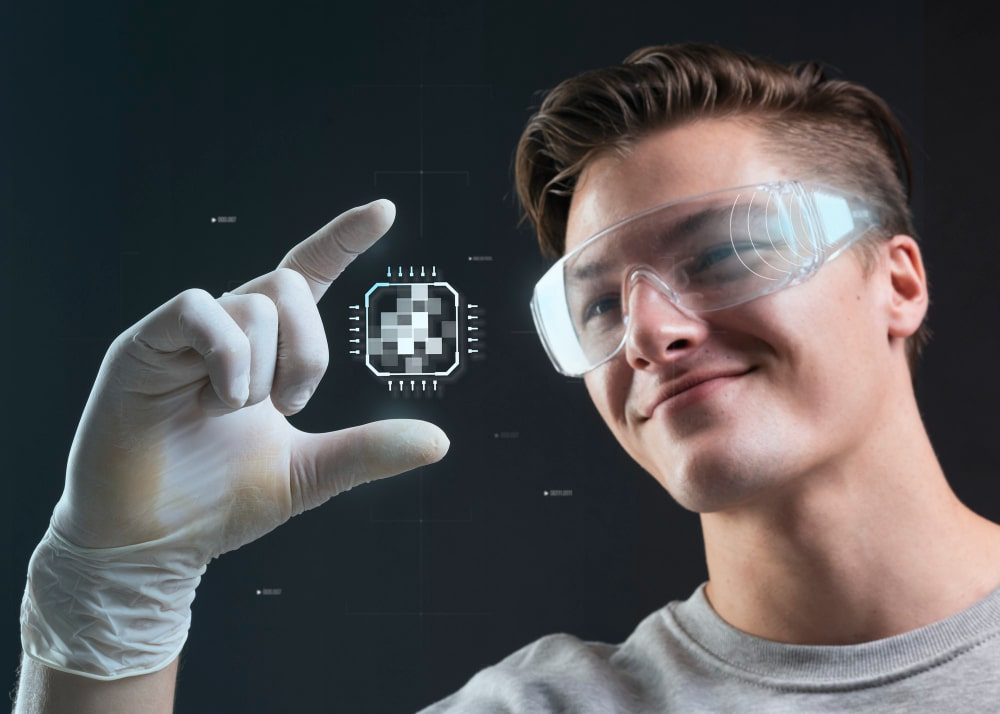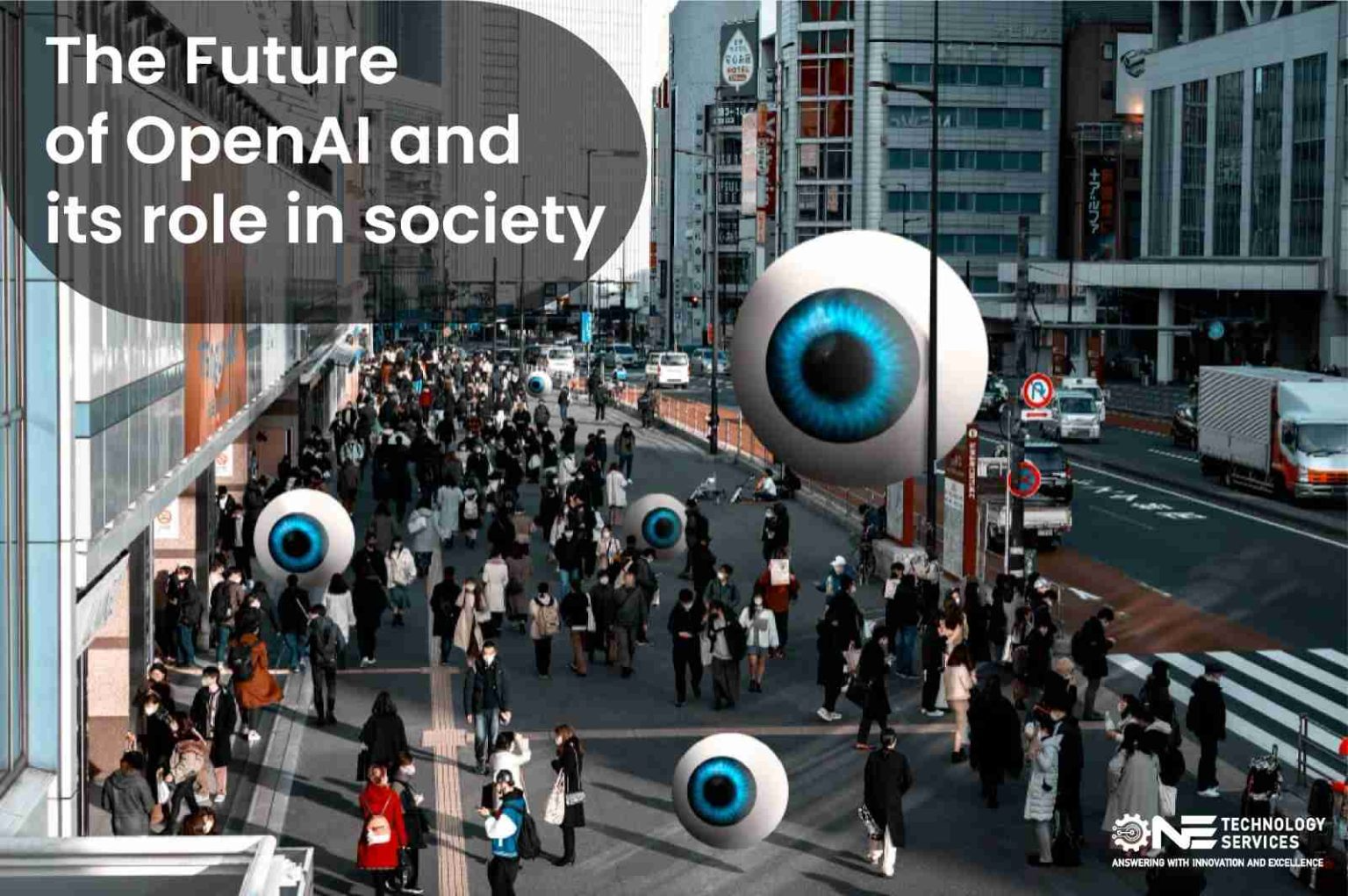OpenAI is one of the most prominent names in the world of artificial intelligence (AI). Founded in 2015 by some of the biggest names in tech, including Elon Musk, Sam Altman, Greg Brockman, and Ilya Sutskever, OpenAI has quickly become a leader in the field of AI research and development. Its mission is to create safe and beneficial AI that will help humanity achieve its full potential. In this blog, we’ll explore the future of OpenAI and its role in society, based on predictions and trends in the field of AI.
The Current State of OpenAI

Before we look into the future, let’s first examine where OpenAI currently stands. At present, OpenAI is primarily focused on research, with a particular emphasis on developing advanced systems that can learn and adapt on their own. Some of the areas where OpenAI is currently working include natural language processing, computer vision, robotics, and reinforcement learning.
OpenAI has also made significant contributions to the field of AI research through its publication of numerous research papers, some of which have been groundbreaking in their respective areas. Additionally, OpenAI has developed several powerful models, including GPT-3, which is currently one of the most advanced natural language processing models available.
Predictions & Possibilities

So, what can we expect from OpenAI in the coming years? Here are ten predictions and possibilities for the future:
OpenAI Will Continue to Push the Boundaries of AI Research
Given its current focus on research, it’s safe to say that it will continue to be a major player in the world of research. Its emphasis on developing advanced AI systems that can learn and adapt on their own will likely result in many groundbreaking discoveries and advancements in the field of AI.
AI Models Will Continue to Improve
As OpenAI continues to develop and refine its AI models, we can expect them to become even more advanced and powerful. This will likely result in more accurate natural language processing, better computer vision, and more sophisticated robotics, among other possibilities.
OpenAI Will Develop More Applications for AI
While It has primarily focused on research up to this point, it’s likely that the organization will begin developing more practical applications for its models in the future. This could include things like chatbots, virtual assistants, and other tools that make use of natural language processing capabilities.
AI Will Become More Ubiquitous
As OpenAI and other AI developers continue to make progress, we can expect AI to become more ubiquitous in our daily lives. This could include everything from AI-powered home appliances to self-driving cars and beyond.
Ethical Considerations Will Be More Important Than Ever
As AI becomes more advanced and ubiquitous, it will be increasingly important to consider ethical implications. OpenAI has already taken steps in this direction, such as releasing the GPT-2 language model in stages to prevent potential misuse. Going forward, we can expect OpenAI to continue prioritizing ethical considerations.
AI Will Change the Job Market

As AI becomes more advanced and capable, it’s likely that it will begin to replace some human jobs. While this may result in some economic disruption, it could also lead to increased productivity and new job opportunities.
AI Will Become More Accessible
As AI becomes more advanced and ubiquitous, it’s likely that it will become more accessible to individuals and organizations of all sizes. This could include everything from affordable AI-powered software tools to open-source AI frameworks that anyone can use.
AI Will Be Used to Solve Global Problems
As AI becomes more powerful, it will likely be increasingly used to tackle global problems such as climate change, healthcare, and poverty. OpenAI and other developers are already working on AI-based solutions for these challenges, and we can expect this trend to continue in the coming years.
AI Will Be Used to Enhance Human Intelligence
As AI becomes more advanced, it’s possible that it could be used to enhance human intelligence. For example, AI-powered brain-computer interfaces could help people with disabilities to communicate more effectively or could allow humans to access and process information more quickly and efficiently.
AI Will Continue to Generate Controversy and Debate
Finally, it’s worth noting that AI will likely continue to generate controversy and debate in the coming years. While AI has tremendous potential to benefit society, there are also valid concerns about issues such as privacy, security, and job displacement. OpenAI and other developers will need to address these concerns head-on and work to ensure that AI is developed and used in a responsible, ethical manner.
Conclusion
In conclusion, the future of OpenAI is bright and full of possibilities. As one of the leading organizations in the field of AI research and development, It will continue to push the boundaries of what is possible with AI. From developing more advanced AI models to creating practical applications for AI and solving global problems that will play a critical role in shaping the future of AI and its impact on society.
At the same time, it’s important to recognize that AI is a complex and rapidly evolving field, and there are many challenges and ethical considerations that must be addressed.
By prioritizing ethical considerations, being transparent about its research and development, and engaging in open and honest dialogue with the broader community, OpenAI can help to ensure that AI is developed and used in a way that benefits all of humanity.
